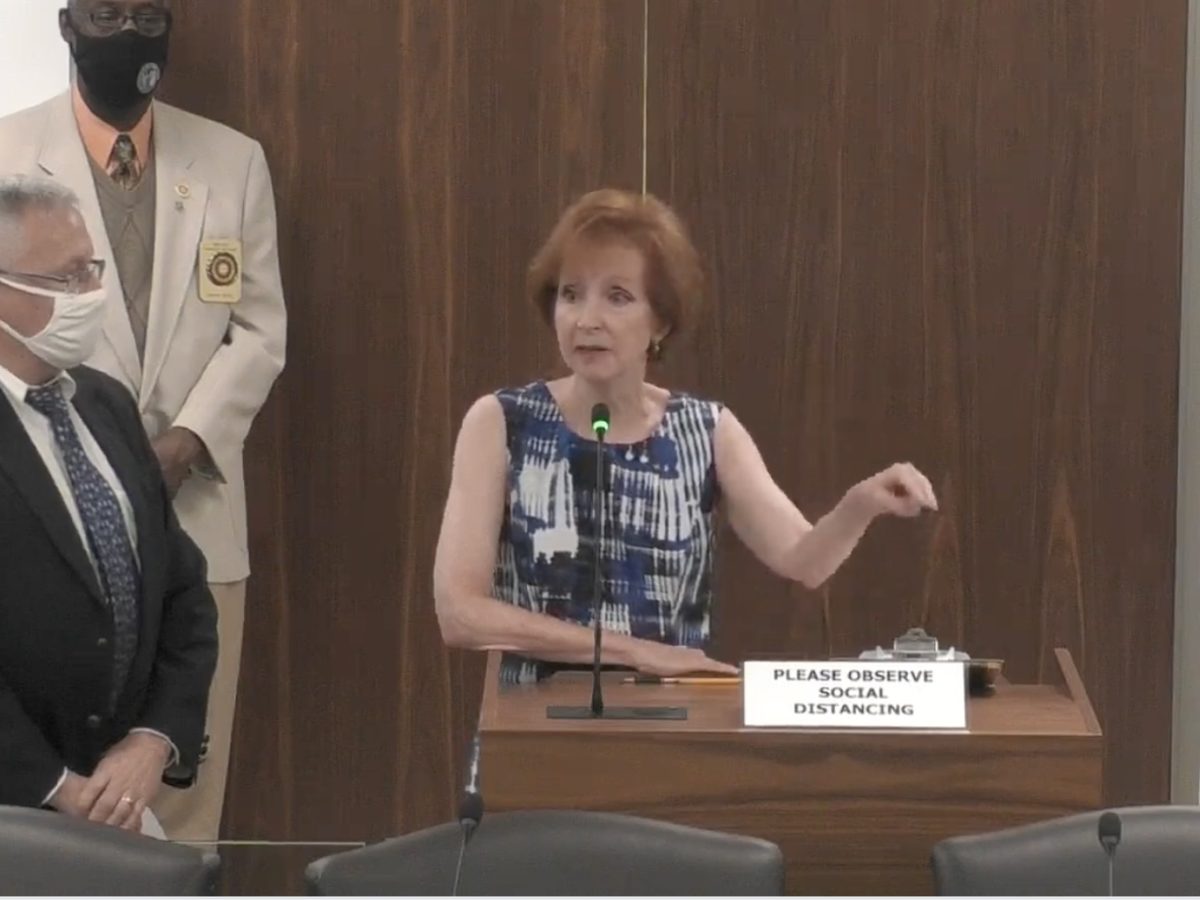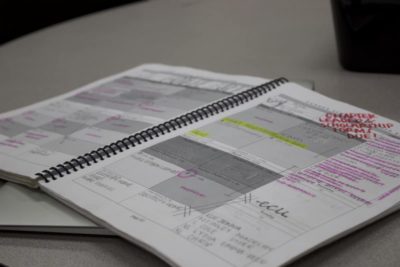
|
|
Reporter’s note: The bill discussed in this article, and the sources quoted, use terms such as “special education” and “special needs.” Historically, these terms were commonly used in discussion about students with disabilities. This article includes these terms when they are part of a person’s statement or a law’s language, for the sake of accuracy. We recognize that some may find these terms hurtful or offensive, and EdNC invites readers to learn more here.
The state Senate Education Committee voted favorably Wednesday on a bill that, according to its sponsor, would “streamline the judicial process concerning special education due process hearings, and save parents and parties time and money by eliminating an extreme and arguably unfair step.”
Senate Bill 593, sponsored by Sen. Brent Jackson, R-Sampson, and co-sponsored by the two chairs of the committee, would remove the legal requirement that families appeal due process hearings to the State Board of Education, instead allowing them to appeal directly to state or federal courts.
The bill was sent to the Senate Judiciary Committee, where it received a favorable vote. It’s now in the Senate Rules Committee, which on Thursday heard each of the other favorable bills from the Senate Education Committee except SB 593.
Inspired by his own family and by a constituent, the bill is personal to Jackson, he said.
“Most of you that’s worked with me know I don’t shy away from controversial bills,” he said. “So there’s some opposition to this one, but this bill is the right thing to do for special needs parents.”
At issue is a one-tiered versus two-tiered system of due process. The federal Individuals with Disabilities Education Act (IDEA) guarantees students with disabilities the right to a free appropriate public education. The law provides for families to initiate due process hearings if they think a school district has erred in identifying, evaluating, or providing appropriate education to a student.
A one-tiered system is when families receive an initial hearing, and then either party can appeal directly to state or federal courts. As of 2018, all but seven states use a one-tiered system. North Carolina is one of the seven that does not. Advocates for students with disabilities, such as Disability Rights NC, are in favor of SB 593.
In North Carolina, families initiate a due process hearing at the Office of Administrative Hearings (OAH), where the claim is heard by an administrative law judge.
If either party wants to appeal that judge’s decision, it must go to the State Board of Education, which, through the Exceptional Children Division of the Department of Public Instruction, appoints a state review officer.
The state review officer, according to current law, must be “an educator or other professional who is knowledgeable about special education and who possesses other qualifications as may be established by the State Board of Education.”
Some parents argue that no educator or other professional without legal expertise should be able to overrule an administrative law judge. They say the two-tier system has made it nearly impossible for families to win on appeal.
“Set up the way it is now, you lose at the second level if you’re a parent,” said Jeff Holland, a parent of a student with disabilities who received a favorable decision from the administrative law judge before having to defend an appeal to the state review officer. “Even our attorney told us, we’re not going to win at this level.”
After a decision by the review officer, either party can appeal in state or federal court, but these appeals are costly and can take years. Holland’s wife, Tanya, said hers was the only family that has appealed a state review officer’s decision in the last 15 years.
The Hollands said it cost them about $200,000 to get to the point where they received an unfavorable decision by the state review officer, and another $100,000 in legal fees to appeal in federal court. They said the entire process took about four years.
During committee discussion, Sen. Jay Chaudhuri, D-Wake, asked whether the bill would run afoul of IDEA, which states that due process hearings “must be conducted by the SEA [state education authority] or the public agency directly responsible for the education of the child, as determined under State statute, State regulation, or a written policy of the SEA.”
Brian Gwyn, from the General Assembly’s Legislative Analysis Division, said there is “some question” about what that provision means, because this section of IDEA also states the due process hearing officer cannot be an employee of the state or local education authority or a person with a conflict of interest.
He added that other states have delegated the state education authority’s role under IDEA to a panel such as North Carolina’s OAH. As of 2016, 12 states used administrative law judges for initial due process hearings. Most of these states allow direct appeal from an administrative law judge’s decision directly to state or federal court, according to a state-by-state survey published in 2019 by the Journal of Disability Policy Studies.
The Holland family said moving to a one-tier system in North Carolina would level the playing field for families of students with disabilities.
“Our child suffered in every way imaginable, in every way it is possible for a child to suffer,” Tanya Holland said. “You have the power today to level the playing field. The ground is not level at the foot of the IDEA in this state. Any parent that takes a school system to court is doomed — doomed from the start. And the school knows it.”
Jackson held back tears while talking about his nephew, a student with disabilities. Many in the committee seemed moved by Jackson’s emotion.
“They’ve got enough adversity and enough roadblocks trying to get an education,” said Sen. Tom McInnis, R-Richmond. “I’ve got tears in my eyes just like you do.”





